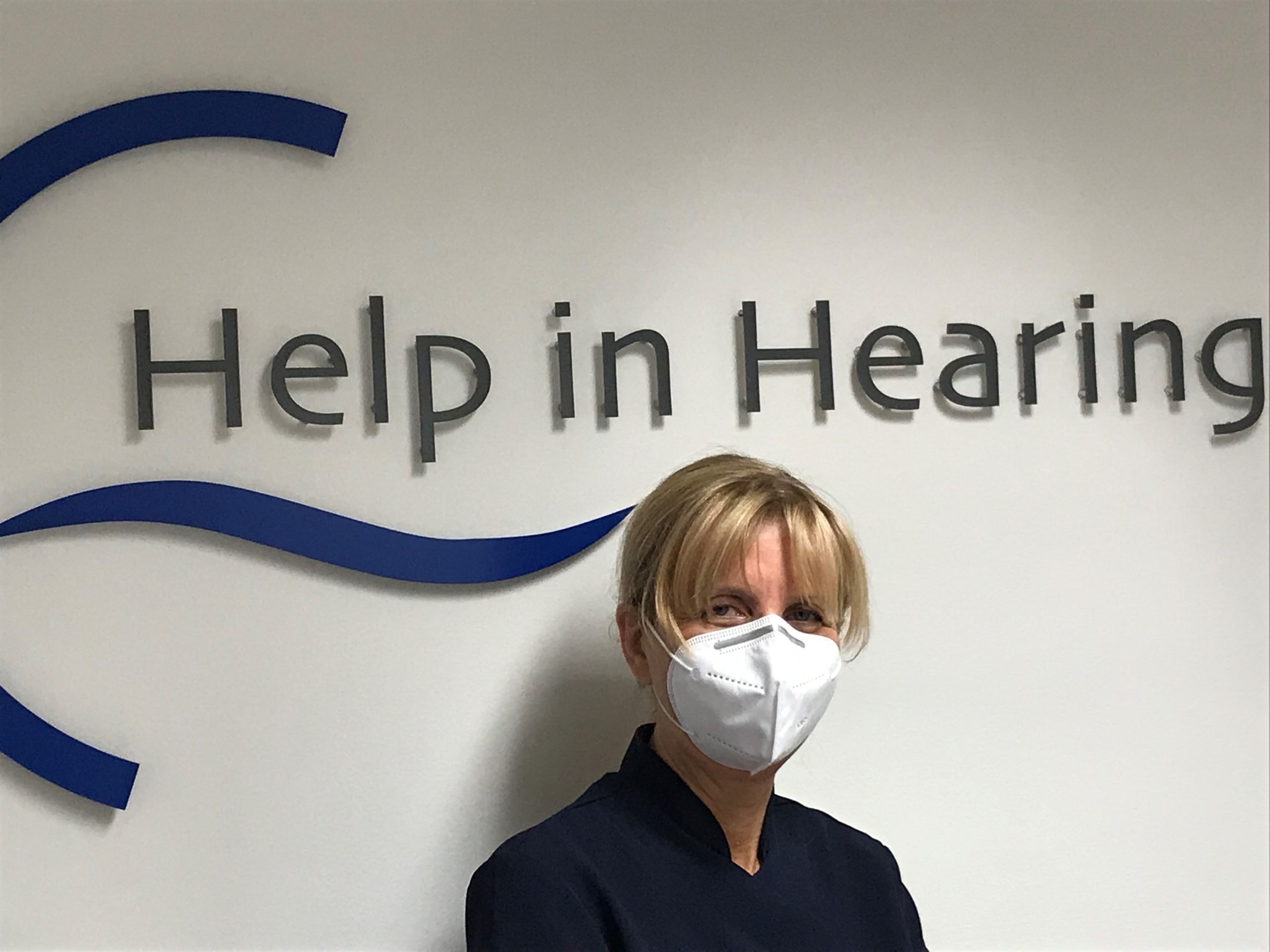
Wearing a Mask with a Hearing Aid
As it is now compulsory to wear face coverings when entering shops and supermarkets in England, we are not surprised that hearing aid wearers are having a tough time. Not only is lipreading impossible but if the aid sits behind the ear, you risk losing your aid when you take the mask off, as it often catches on the elastic.
Our audiologist Wendy Davies dons her mask on this video to give a quick demo of a useful technique [KGVID]https://www.helpinhearing.co.uk/wp-content/uploads/2020/07/IMG_4970-1.mp4[/KGVID]
There are a number of mask choices now available and some even have plastic windows to help with lipreading, although our audiologists don’t wear these as they are not clinically effective enough. Here are some recommended options for anyone who also wears a hearing aid:
Tie Masks
Make sure to tie the straps high up on the head and low on the neck. Hearing aids will not be obstructed.
When removing mask, untie the bottom first then the top to avoid knocking off hearing aids.
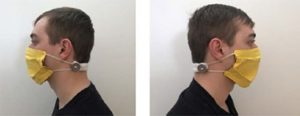
Masks with elastic bands
Use a mask extender. It connects the mask bands to avoid contact with the ears.
An extender can be made out of a paperclip, shoelace or ribbon.
N95 masks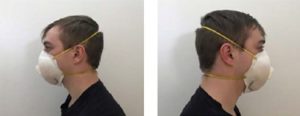
To avoid elastic band contact with hearing aids, place the top elastic band high on the head and the bottom elastic band on the neck.
When removing the mask, release the top band first and then slowly pull the bottom over the head, making sure hearing aids are secure.
Masks with elastic and headwear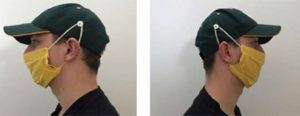
You may also consider sewing two buttons on a hat or headband to help hearing aids stay secure on ears.
When removing the mask, unfasten from one side first slowly by looping over the ear to avoid disrupting the hearing aid. Repeat the same process on the other side.
Find My Hearing Aid
If you do knock your hearing aids off when wearing a mask, all aids now have a “Find My Hearing Aid” feature. It will indicate whether you are getting closer or further away from the device, even if your hearing aid is lost outdoors and runs out of battery charge, GPS on the phone will show where the hearing aid was when it was last connected.
If all else fails and you do lose your aid, it may be covered under your household insurance. We always recommend declaring new devices on your policy. You can insist on seeing your existing audiologist and can ask for a cash settlement if you are making a claim. We would be very happy to advise you. For more information or help with your hearing aids, please call us on 0345 222 0579 or fill in our online contact form.
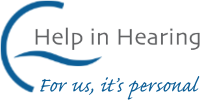
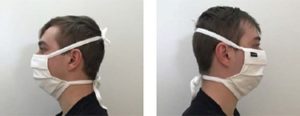
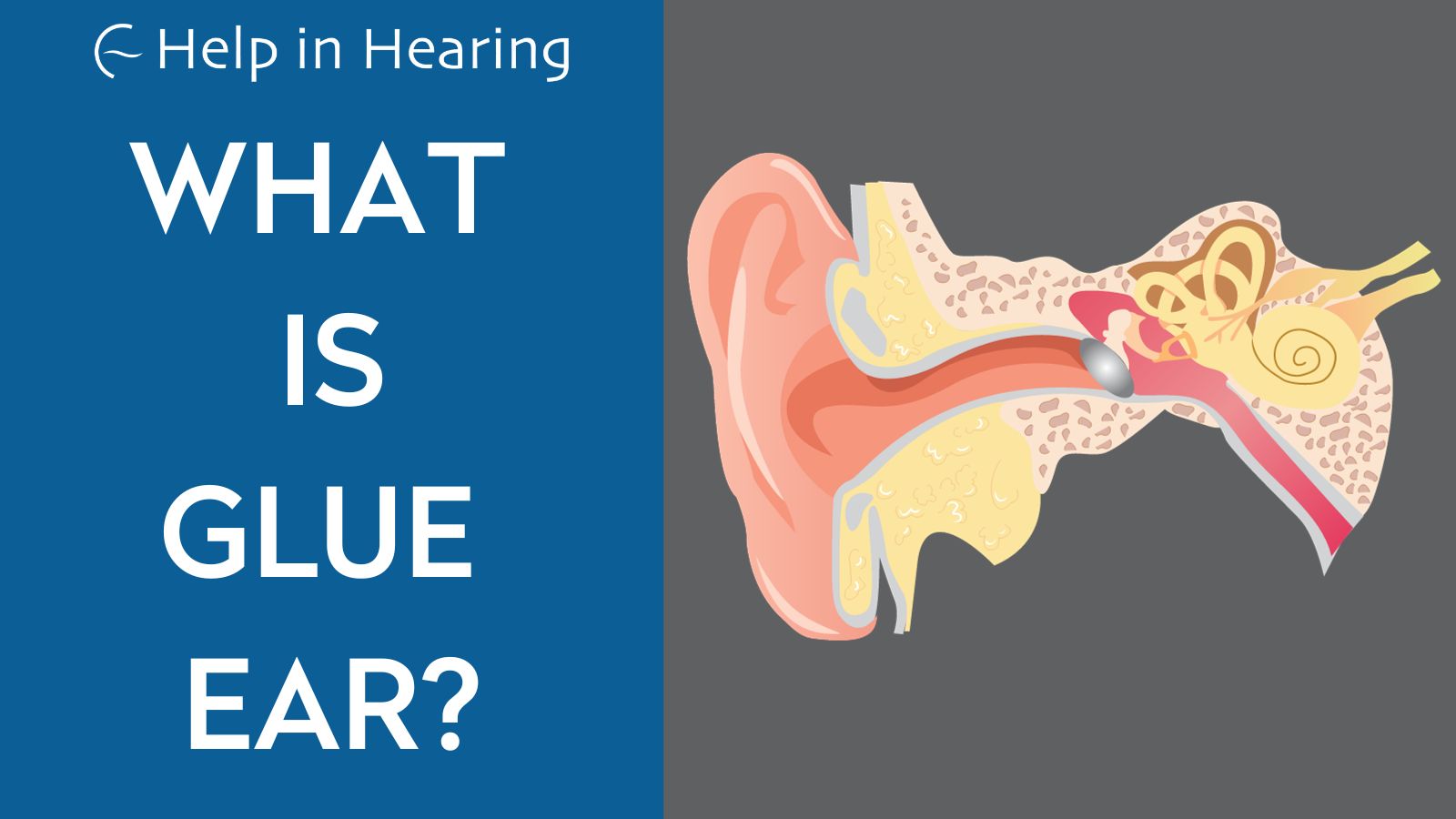
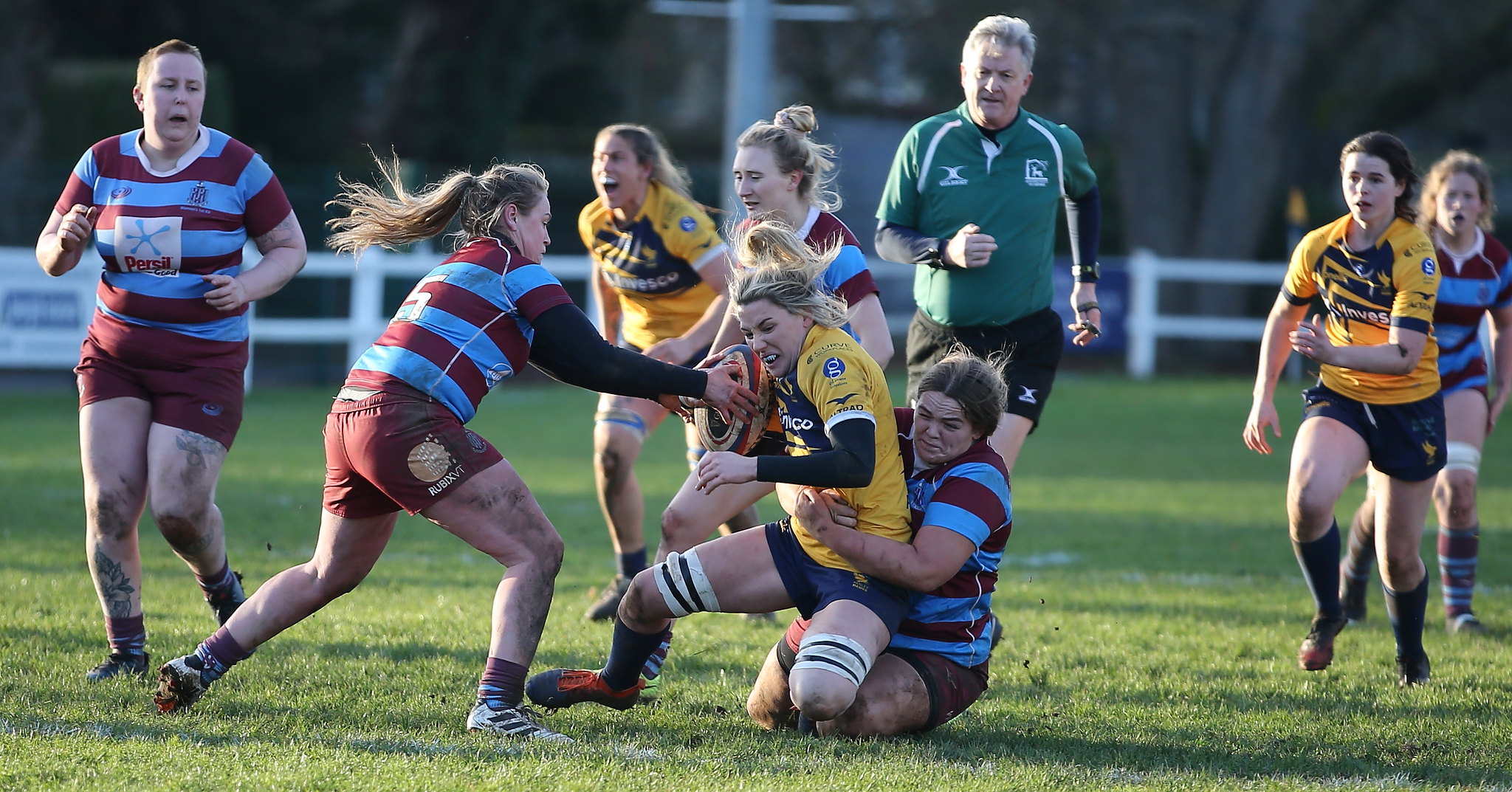
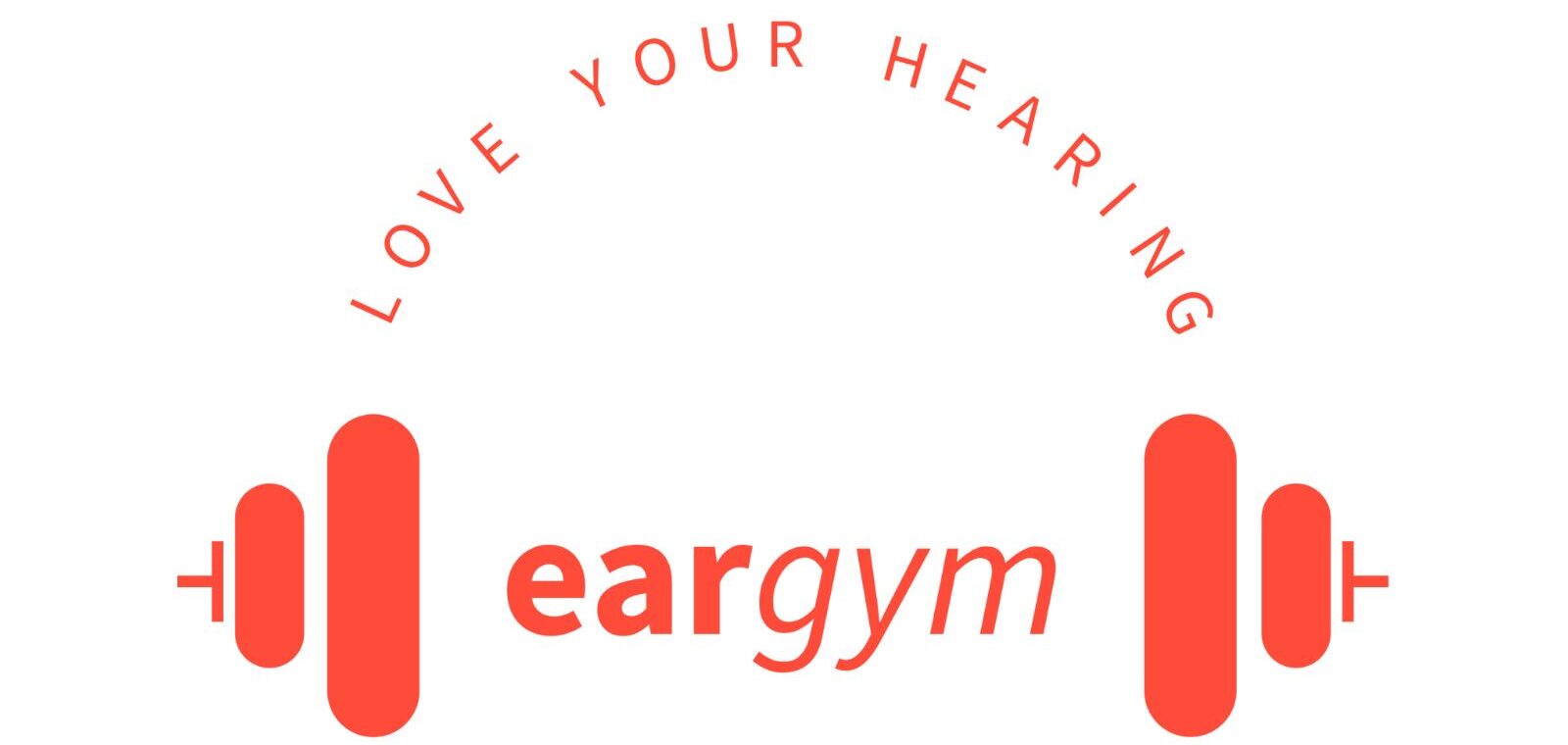
This Post Has 0 Comments